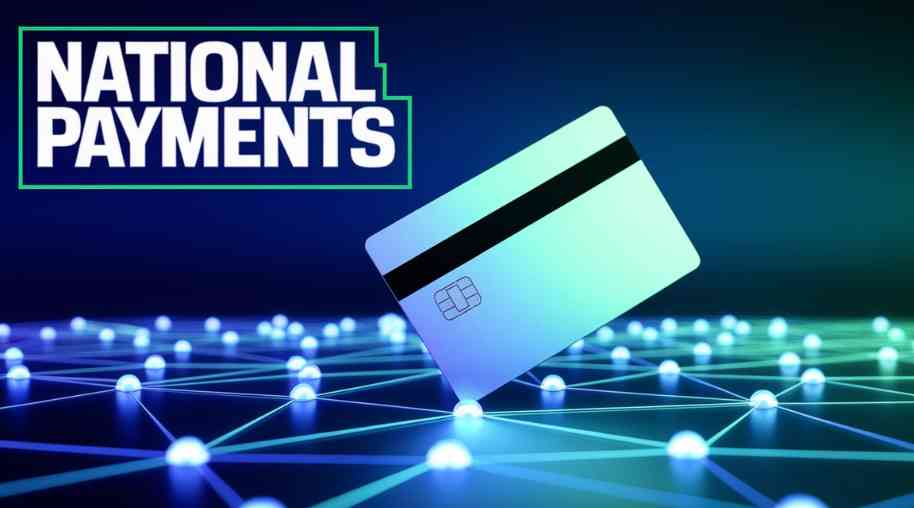NPC Full Form-National Payments Council
by Shashi Gaherwar
0 1017
National Payments Council: Driving Innovation and Financial Inclusion
Introduction
The National Payments Council (NPC) is a governing body responsible for overseeing and facilitating the development of secure, efficient, and innovative payment systems. It plays a crucial role in ensuring the smooth functioning of financial transactions within a country by setting regulatory frameworks and encouraging financial inclusion. With the rapid advancement in financial technology (fintech) and increasing demand for digital transactions, the role of the NPC has become more significant than ever.

What is the National Payments Council?
The National Payments Council is typically established by governments or financial regulatory authorities to supervise and regulate electronic and digital payment systems. It acts as a central entity that ensures payment infrastructures remain robust, secure, and efficient. By collaborating with banks, fintech companies, and financial institutions, the NPC drives innovation in payment solutions, ensuring consumers and businesses benefit from fast, safe, and affordable transactions.
Objectives of the National Payments Council
The NPC focuses on several key objectives:
1. Enhancing Payment Infrastructure – Developing a seamless, interconnected payment ecosystem that supports real-time and cross-border transactions.
2. Promoting Financial Inclusion – Ensuring digital payment accessibility to underserved populations, including rural and remote areas.
3. Regulating Payment Systems – Establishing frameworks to maintain the security, efficiency, and reliability of national payment networks.
4. Encouraging Innovation – Supporting fintech advancements and promoting new technologies such as blockchain, artificial intelligence (AI), and contactless payments.
5. Ensuring Cybersecurity – Implementing stringent security protocols to prevent fraud, data breaches, and cyber threats.
Key Functions and Role in Digital Payments
The National Payments Council is instrumental in shaping a cashless economy by facilitating digital payments in various forms. Some of its key functions include:
• Standardizing Payment Systems: The NPC ensures all financial institutions comply with national and international standards, enabling interoperability between different payment providers.
• Driving Real-Time Payments: Many countries have developed real-time payment networks, enabling instant transactions and reducing processing delays.
• Strengthening Security Measures: To combat fraud and cyber threats, the NPC enforces strict data protection regulations, biometric authentication, and tokenization.
• Encouraging Digital Wallets & Mobile Payments: The growing use of mobile wallets like Google Pay, Apple Pay, and Paytm showcases how the NPC fosters adoption of new payment solutions.
The Impact of NPC on Financial Inclusion
One of the biggest challenges in global finance is ensuring access to banking and payment services for everyone. The National Payments Council plays a pivotal role in this by:
• Developing Low-Cost Payment Solutions: Making digital transactions affordable for small businesses and low-income individuals.
• Partnering with Fintech Startups: Encouraging innovation to provide banking services to the unbanked and underbanked populations.
• Expanding Digital Banking Services: Promoting internet and mobile banking to reach remote communities with limited physical banking infrastructure.
• Integrating Government Payments: Facilitating direct benefit transfers, subsidies, and social welfare payments via digital channels.
Global Examples of National Payments Councils
Many countries have established National Payments Councils or similar bodies to oversee their payment systems:
• India: The National Payments Corporation of India (NPCI) launched the Unified Payments Interface (UPI), which has transformed digital payments by enabling instant transactions.
• United States: The Federal Reserve plays a significant role in shaping the national payment landscape with services like FedNow for real-time payments.
• United Kingdom: The Payment Systems Regulator (PSR) ensures competition and innovation in digital payments.
• European Union: The European Payments Council (EPC) oversees SEPA (Single Euro Payments Area), allowing seamless euro transactions across EU nations.
Challenges Faced by the National Payments Council
Despite its crucial role, the NPC faces multiple challenges:
1. Cybersecurity Threats: The rising number of cyberattacks on financial institutions requires constant upgrades to security protocols.
2. Regulatory Compliance: Striking a balance between innovation and compliance with government regulations can be complex.
3. Financial Literacy: Encouraging consumers to adopt digital payments requires education and awareness programs.
4. Interoperability Issues: Ensuring seamless connectivity between different banking systems and fintech platforms.
5. Resistance to Change: Many businesses and individuals still prefer cash-based transactions, slowing the shift towards a digital economy.
Future of the National Payments Council
The NPC is expected to play an even more significant role in the coming years as digital payments evolve. Some trends shaping its future include:
• Integration of Artificial Intelligence (AI): AI-driven fraud detection and chatbots for customer support.
• Growth of Blockchain & Cryptocurrencies: Exploring secure decentralized payment solutions.
• Expansion of Cross-Border Payments: Enhancing international transactions with reduced fees and faster processing.
• Regulation of Central Bank Digital Currencies (CBDCs): Many countries are developing their own digital currencies, requiring governance from the NPC.
The National Payments Council plays a crucial role in shaping the future of digital payments and financial inclusion. By fostering innovation, enhancing security, and ensuring accessibility, it drives the global shift toward a more inclusive and cashless economy. As fintech continues to evolve, the NPC's role will remain vital in ensuring secure, efficient, and seamless transactions for businesses and individuals alike.

Share:








Comments
Waiting for your comments